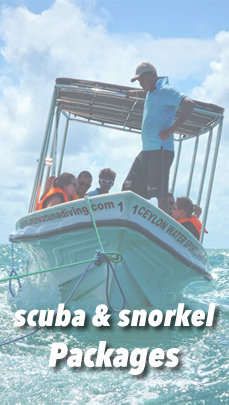
Colombo History
Originally named Kolomtota, Colombo was the main seaport of Kotte, Sri Lanka's 15th- and 16th-century capital. Known to Arab traders as Kalamba, the city attracted the rapacious Portuguese as early as 1505 and became the bastion of their rule for almost 150 years.
Surprisingly little remains to attest to this era, apart from a scattering of Portuguese surnames in the telephone directory and a handful of Roman Catholic churches and seminaries. Nor are there many mementoes of the Dutch who expelled the Portuguese in the mid-17th century.




